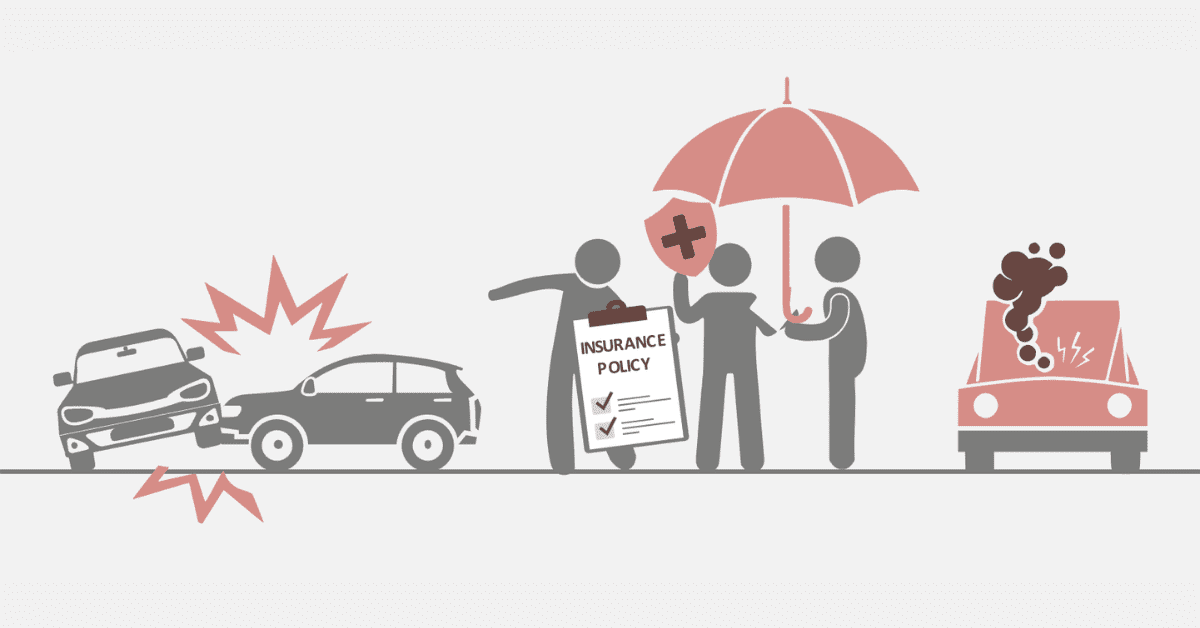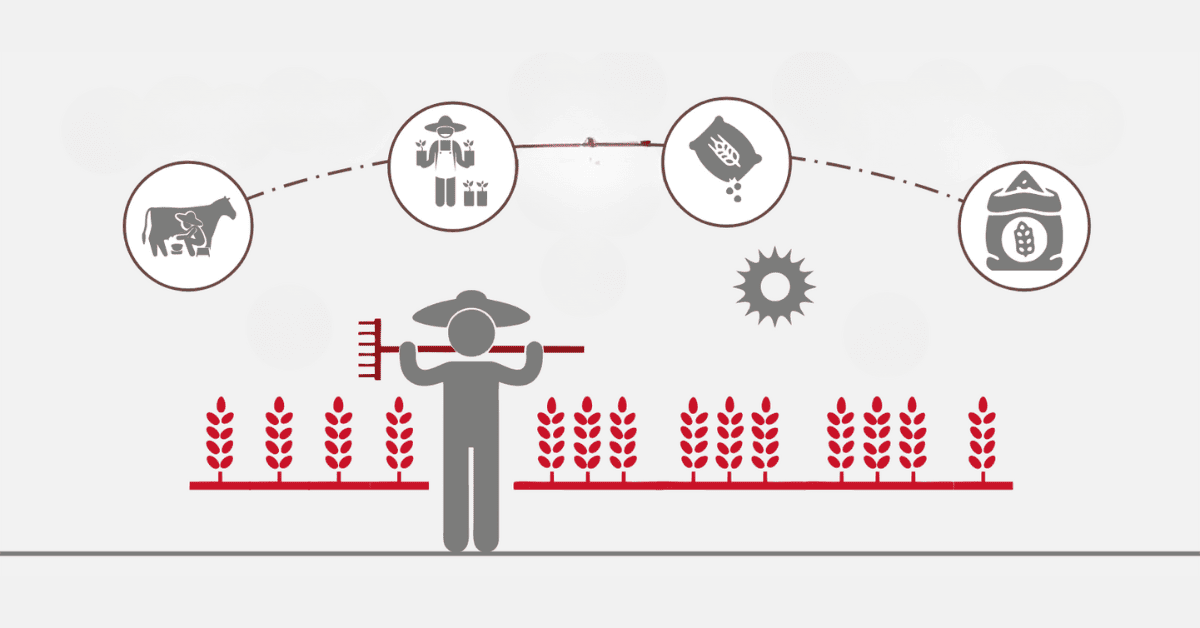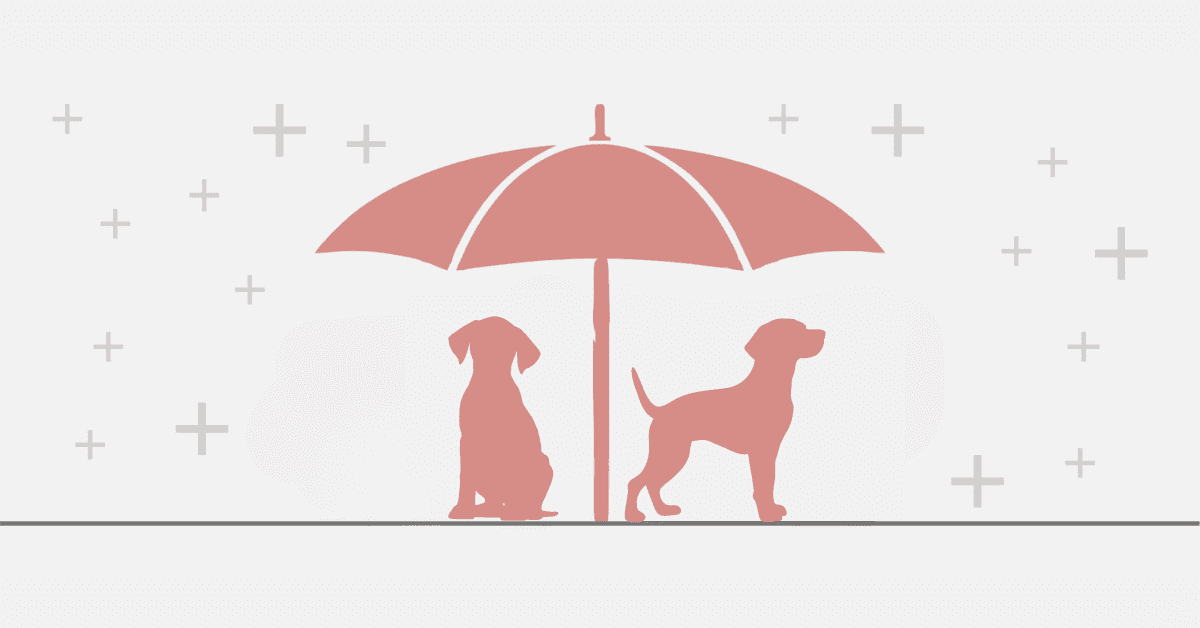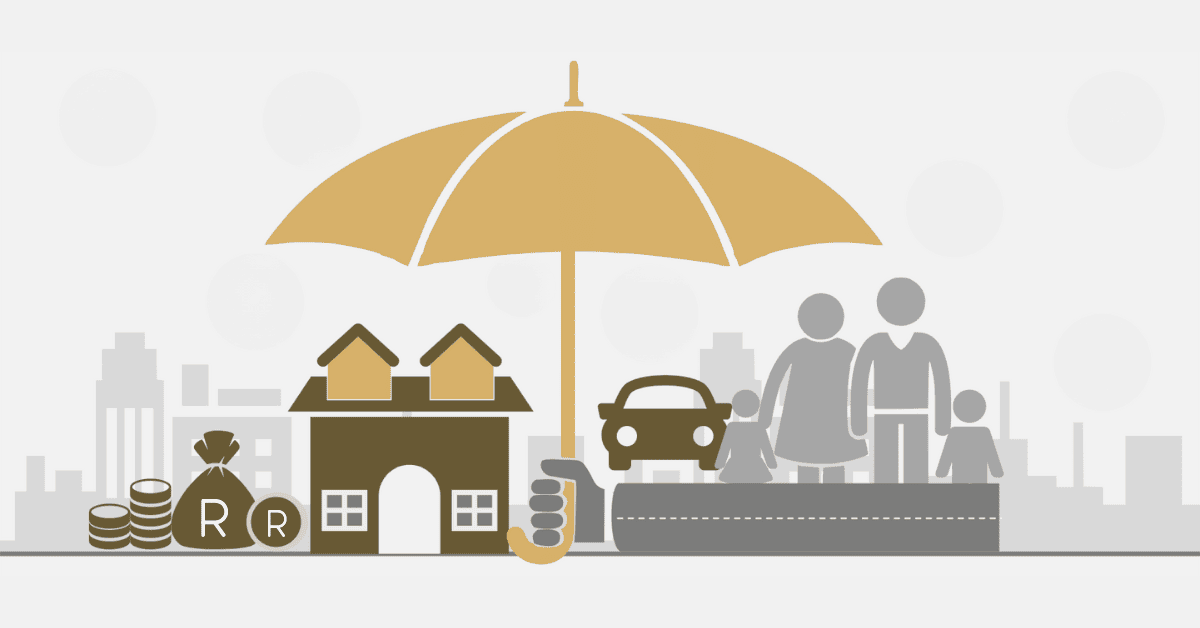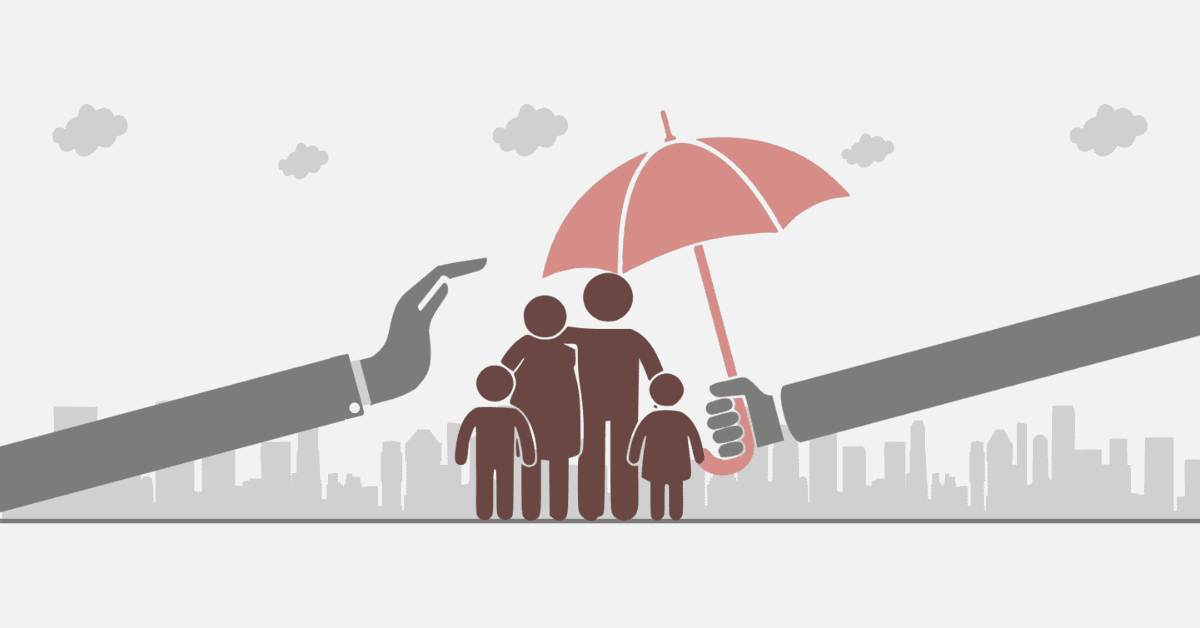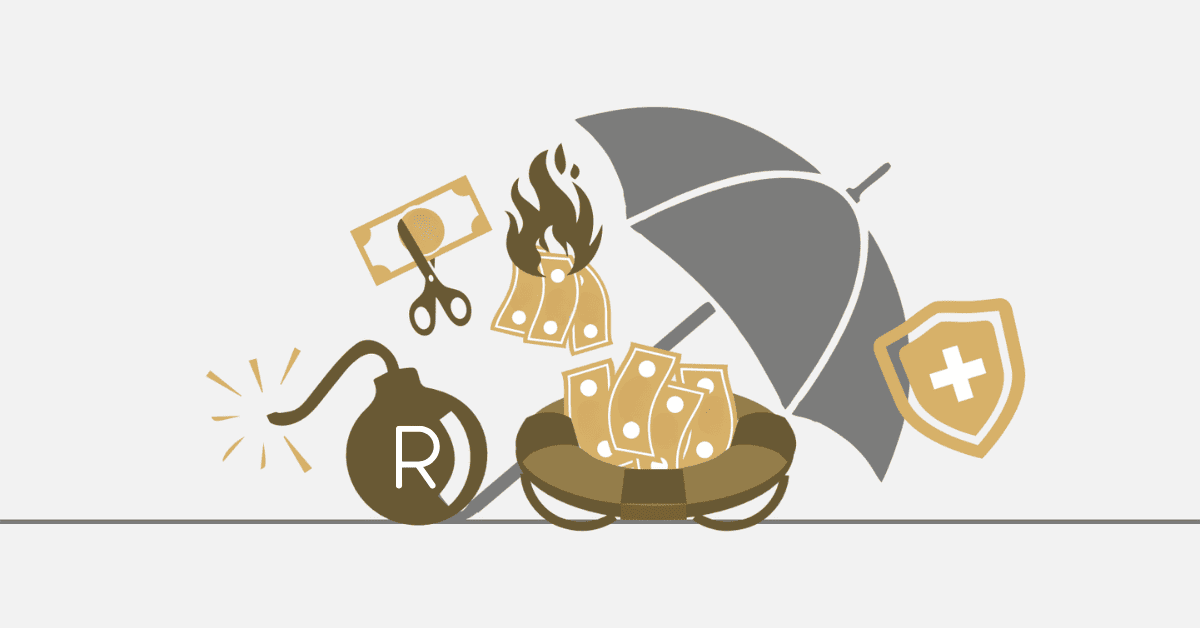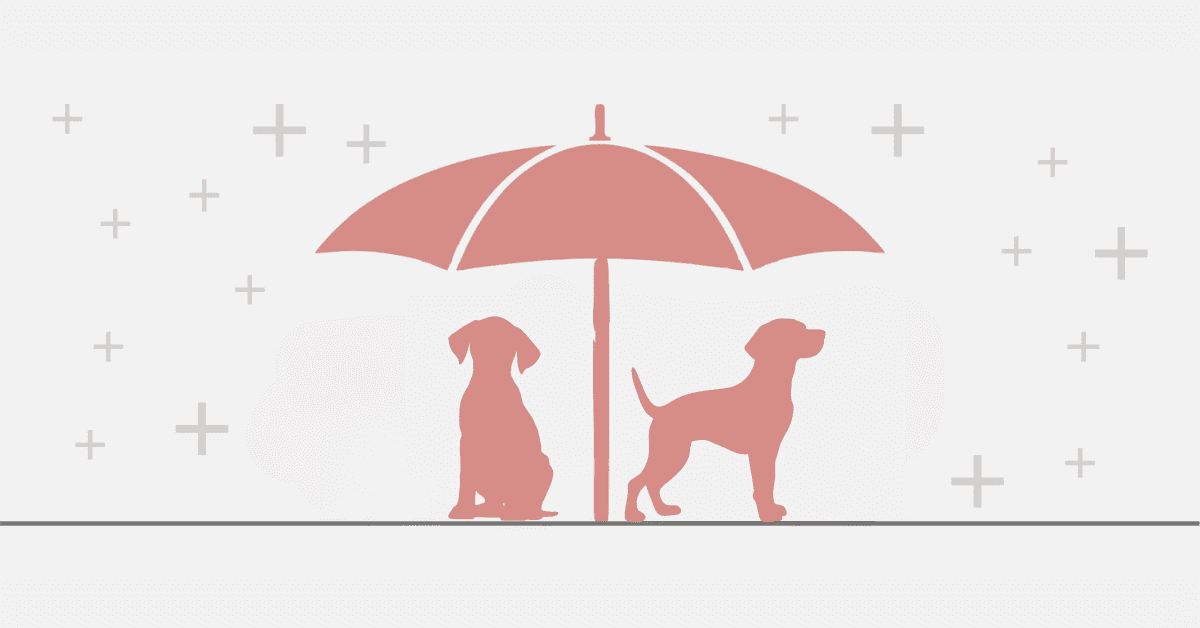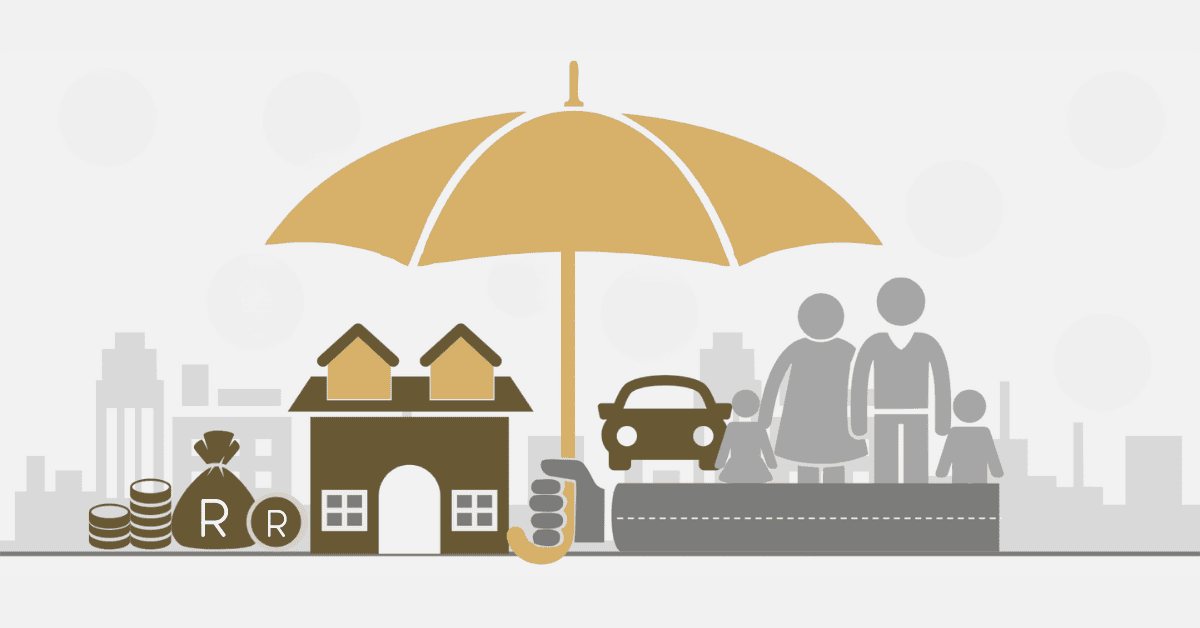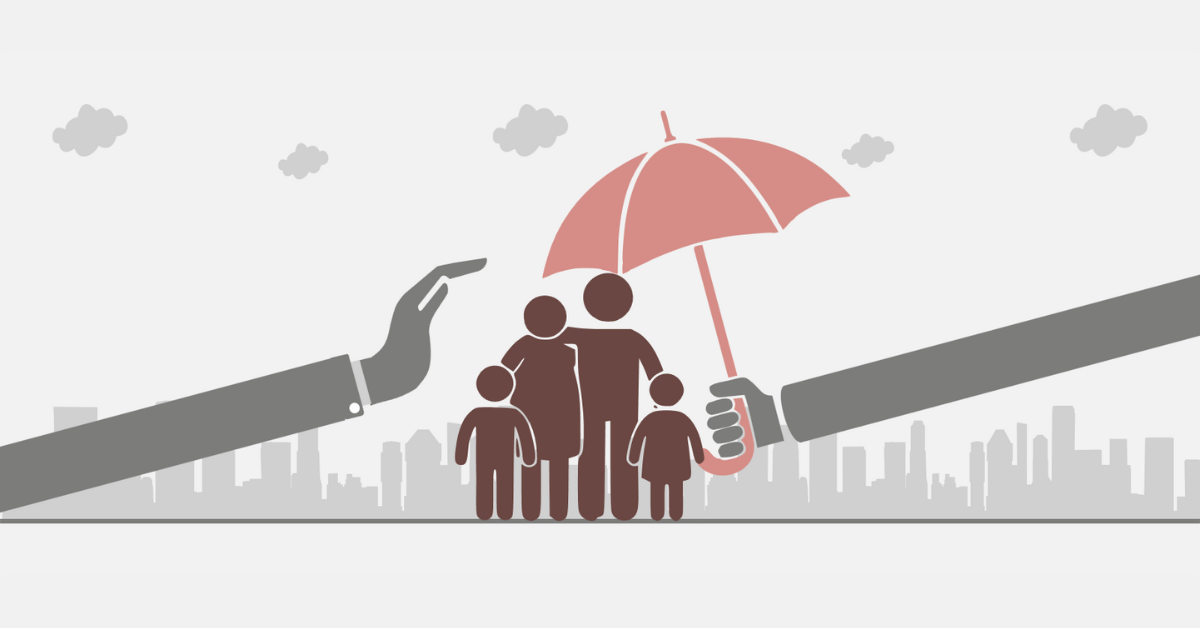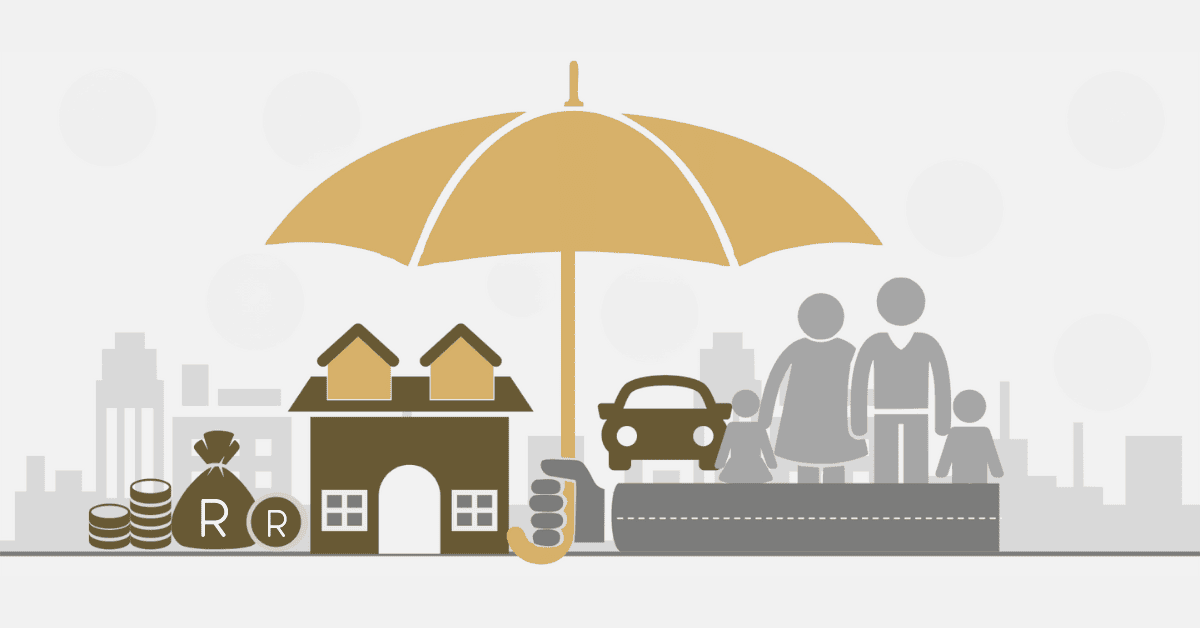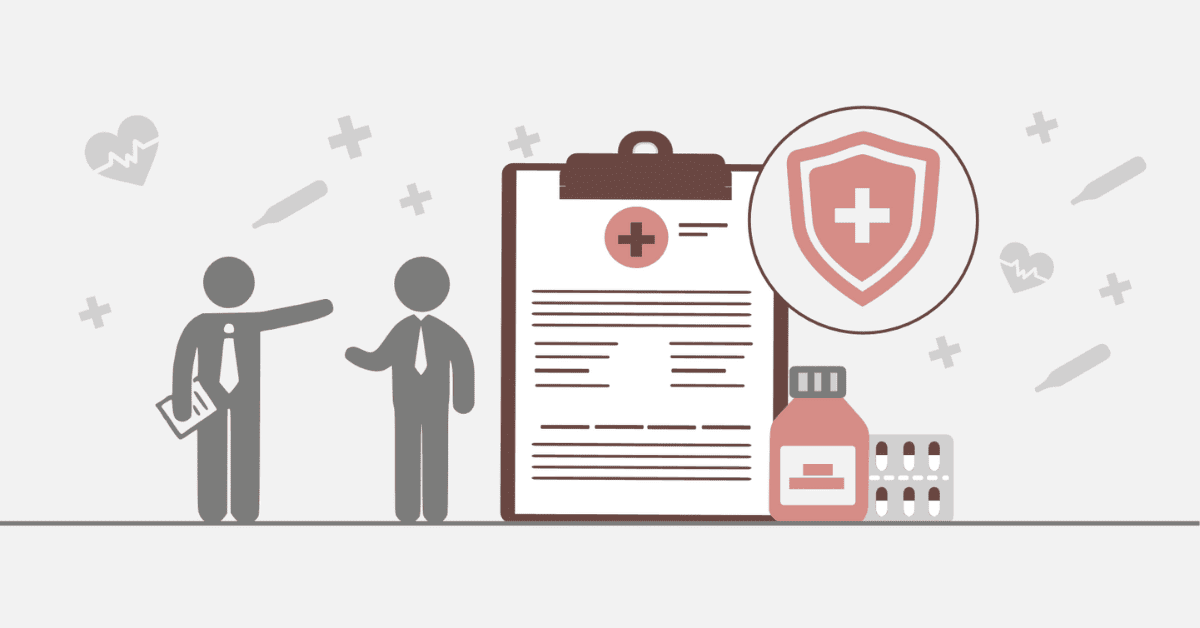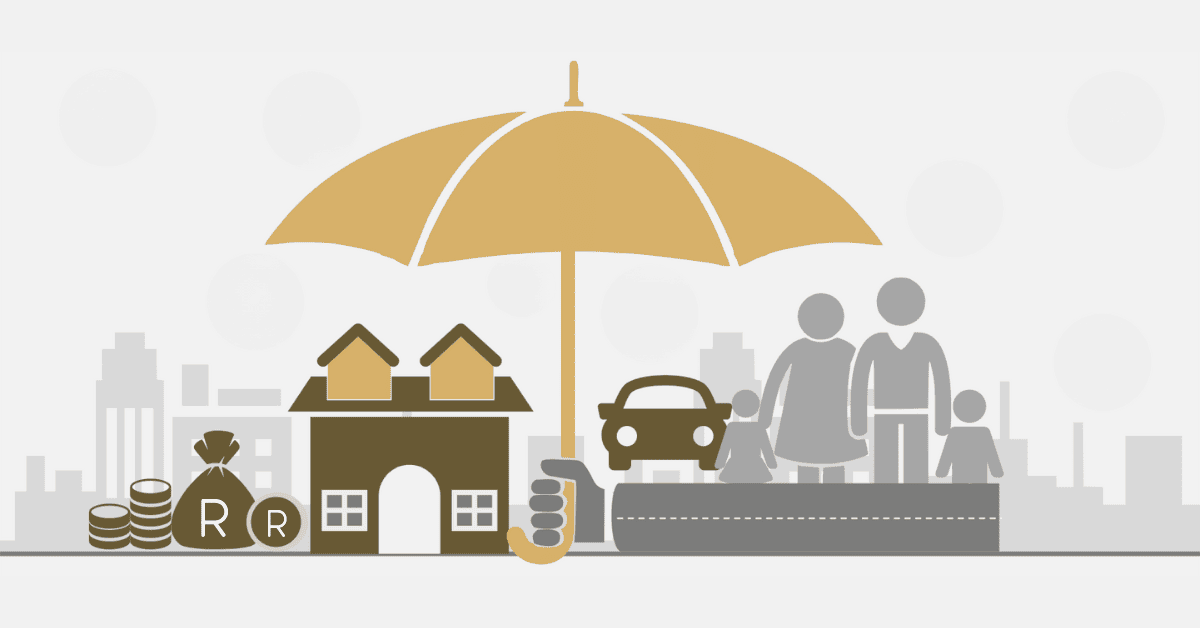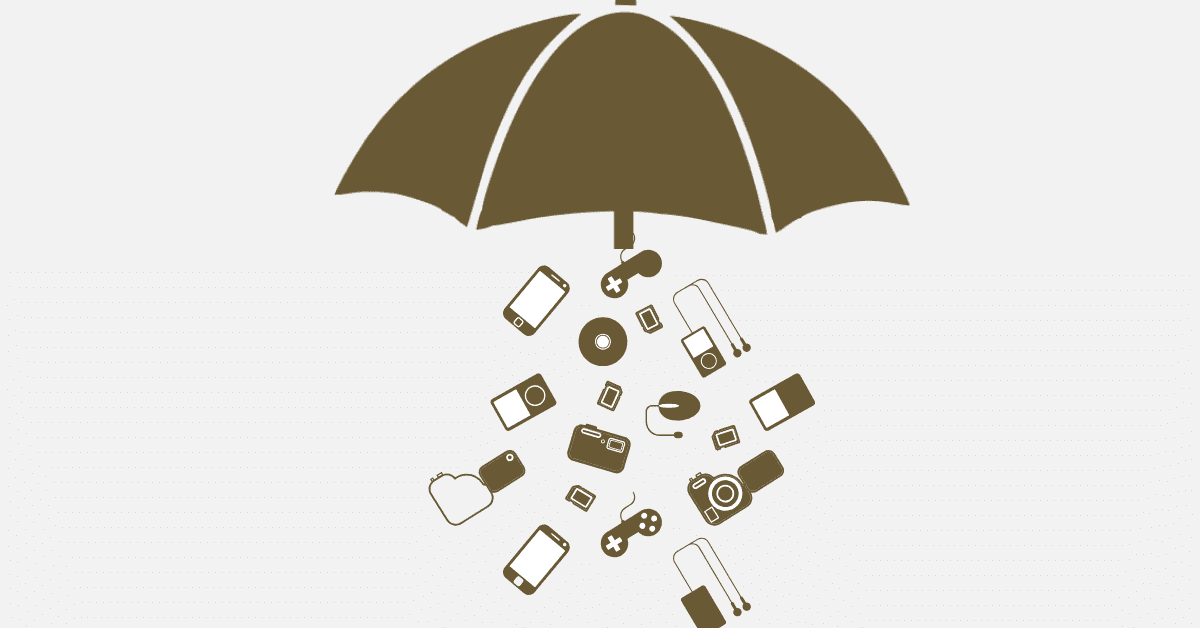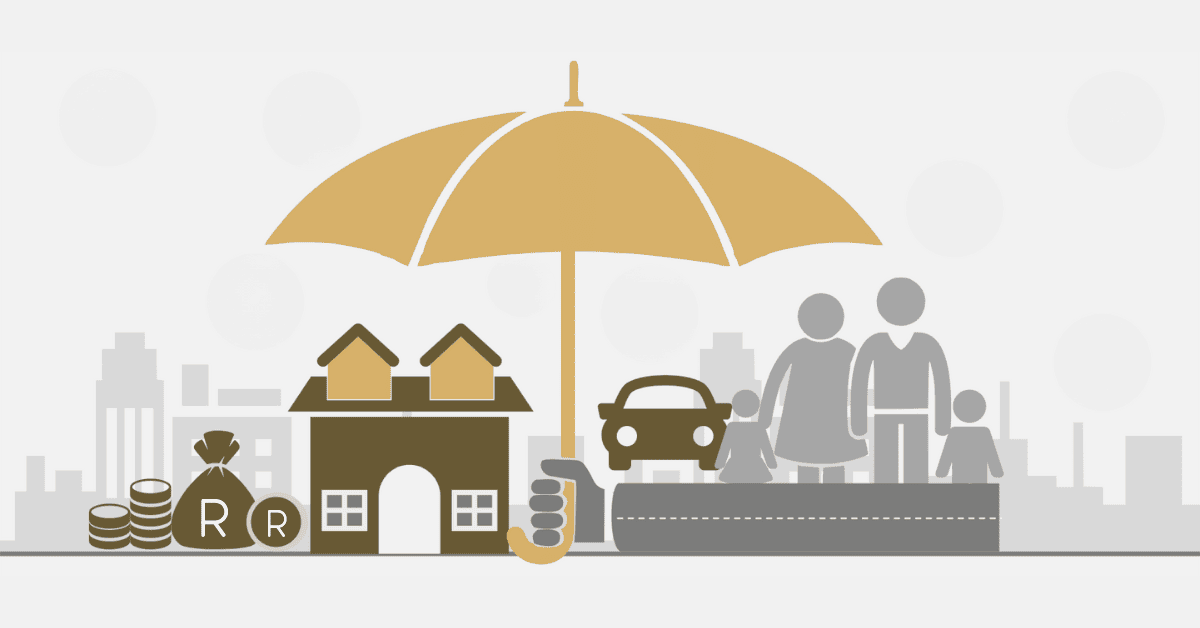In South Africa, policyholders of insurance policies must know insurance excess. As the holder, you must pay the initial cost of a claim before the insurer settles the remaining figure. It’s a critical aspect of insurance-related policies. It primarily affects your premiums and out-of-pocket expenses when making claims.
What Does Insurance Excess Mean?
Excess in insurance is your contribution, which you, the policyholder, pay into a claim before your insurer reimburses you. Your excess-sharing deters the filing of small claims and rewards policyholders for good behavior. There are different types of excess, including compulsory excess, which the insurer levies, and voluntarily imposed excess that can be increased in exchange for lower premiums. For instance, let’s consider if you have a motor-based insurance policy with an excess of R3,000 and have suffered losses worth R10000. Then, you will pay the first R3000, and your firm will pay the rest of the R7000. That way, it makes the policyholders responsible to some extent for their claims and makes the insurance low in costs to everyone.
How Does Insurance Excess Work in South Africa?
In South Africa, excess insurance operates the same in most insurance policies, such as motor vehicle, house, and medical insurance. When you make a claim, you must pay the excess your cover has requested. This can be determined by the type of claim, your risk factor, or the excess your cover states. For example, first-time qualified drivers or drivers who have previously made a claim might have excess. Insurers also anticipate extra excesses in some instances, like car theft or road accidents due to a driver under 25 years of age.
What If the Claim Is Less Than the Excess?
If your claim or damage is less than the excess of your policy, then it will be covered by your insurer zero. Here, you will be covering the whole amount yourself. For instance, consider if your excess-related figure is R5000, and repairs will cost you R3,000. You must cover the entire R3000 alone because it’s under the excess figure. This indicates the importance of considering this value when choosing an insurance-related policy. A high excess will reduce your premiums but can result in higher out-of-pocket expenses on a small claims basis. Therefore, you should balance your decisions to suit your affordability and risk-taking ability, so you’re not left with unbudgeted costs.
Do I Get My Excess Back If It’s Not My Fault?
In South Africa, you generally end up paying the excess despite being not at fault for the happening. Still, your insurer will attempt to recover the money from the fault-linked person or their insurer. If it is successful, you will get a refund of the excess you have paid. This is a subrogation, where your insurer will seek to recover the money from the fault party. However, this recovery is not always assured. It will be delayed if the at-fault party is not insured or denying fault. To best stand a chance of recovering your excess, it’s worth maintaining as much evidence as possible during the accident. These include photographic, eyewitness, and police reports. Payment of the excess when making a claim might not always be best when not responsible, but it is a condition that provides immediate repairs and settlement of the claim.
What Happens If I Can’t Pay My Excess?
If you are not in a position to pay the excess amount your policy necessitates, your claim will only be settled once you can. This can delay the repairs or replacements you must have and prevent you from receiving the services or assets you require. Some insurers provide alternatives they can offer to help policyholders in this regard, such as payment plans or eliminating the excess from the claim payment amount. These are insurer-specific and need approval. It is advisable to talk to your insurer regarding your finances since they do have options that they can offer to allow you to get by while covering the excess. When choosing an insurance policy, select an affordable excess payment so you will not be in this situation.
How Many Times Do You Pay Excess?
In South Africa, you will pay the excess each time you make a single claim under your cover. This thus means that in the event of two or more accidents where you will have to make claims, you will pay the excess in each of them individually. For example, in the event of two individual car accidents within a short period, you will pay the excess in both claims. Remember that the number of claims will also affect your insurance premium and risk profile, and you’ll be paying more in the long run based on this factor alone. Some insurance companies have policies with a set limit of excess-free claims or offer the facility of deducting the excess once you remain claim-free for a certain number of years.
Final Thoughts
Covering the complications of insurance excess in South Africa means you must thoroughly understand your terms of policy and monetary liability. Being informed about how excess functions and its possible implications for your claims and knowing your options may significantly alter your insurance experience. Select a practical excess that is within your ability and conducive to your tolerance for risk so that you can handle any contingencies adequately.
